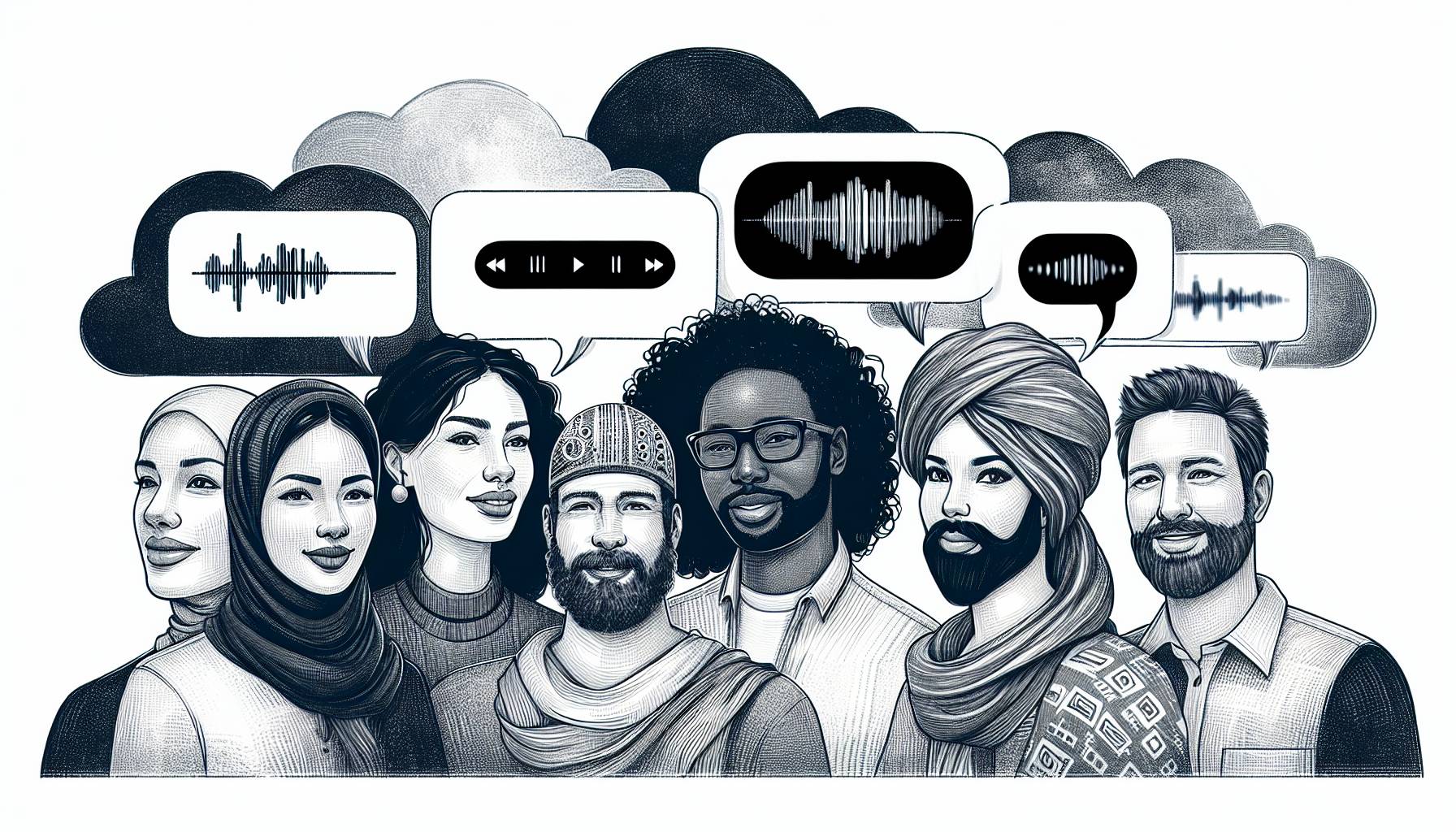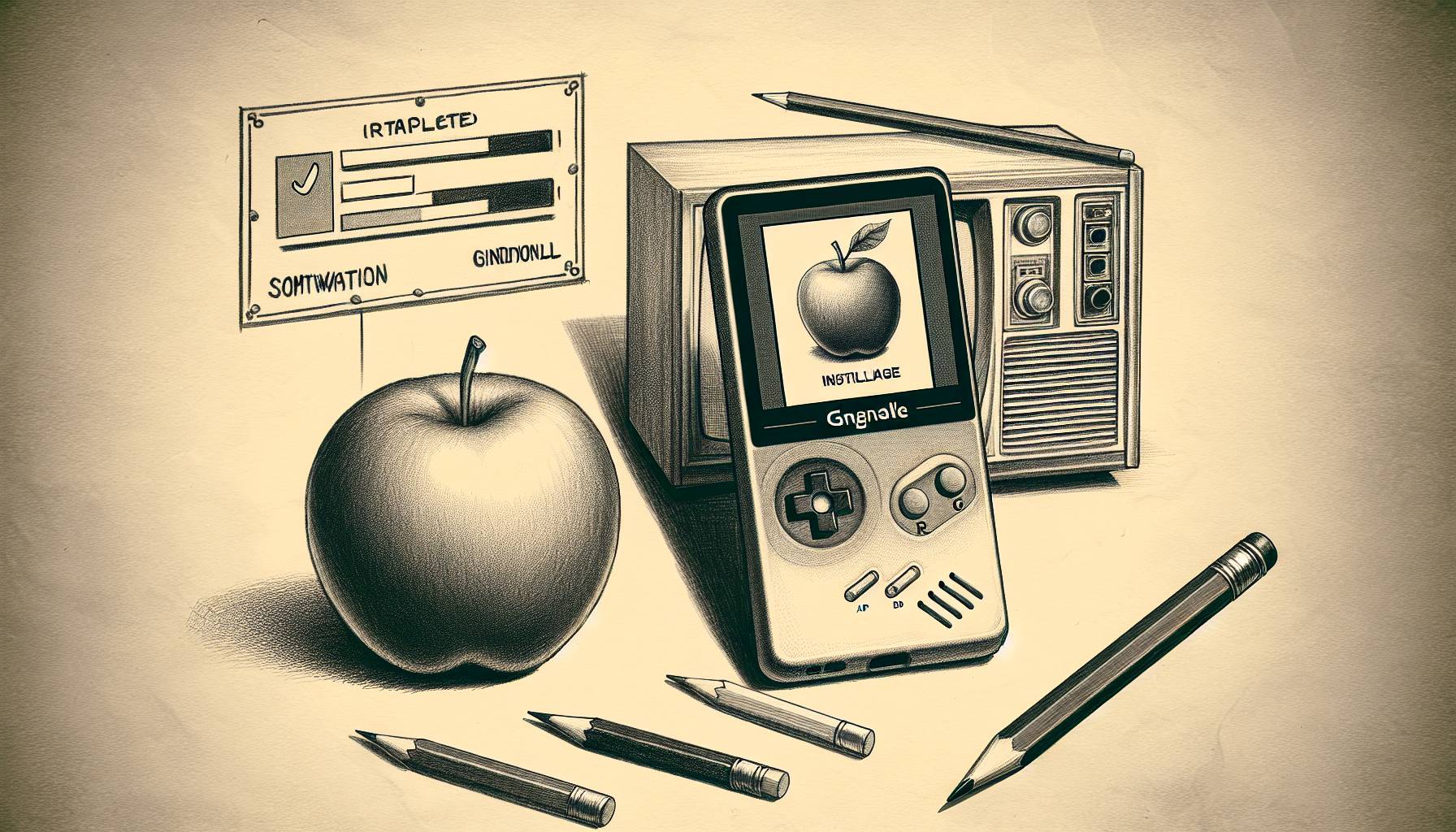After lots of angry parents and customers and an ongoing investigation from the Federal Trade Commission, Apple (AAPL) is dealing with yet more fallout over in-app purchases in the form of a class-action lawsuit.
The suit focuses on what are known as “freemium” games, which are free to download, but allow users to make in-app purchases to advance more quickly through the game. Games such as Capcom’s Smurfs’ Village have garnered a lot of criticism, because they’re developed for children, but allow users to make in-app purchases of up to $99 or more. Those purchases require a user to input their Apple ID to make the purchase, but up until recently, Apple allowed users to stay signed-in and make purchases without re-entering their password for 15 minutes after first inputting it.
The result, according to many parents and even a few members of Congress, was that children were enticed into making purchases without the safeguard of the password to stop them. Apple recently changed its software to prevent users from making in-app purchases without entering their passwords every single time, but before that, many claimed the 15-minute window allowed children to run up high iTunes bills without their parents’ consent.
According to a story in PC World, the new lawsuit claims that “Apple is complicit in a scheme to get kids to buy level-ups and game credits ‘in games it promoted … to children as “free.”’ Here’s a quote from the arguing attorneys on the suit:
“Many games are, by design, highly addictive, and are developed strategically to induce purchases of Game Currency. For example, the game ‘Smurfs’ Village’ is free to download. The object of the game, however, is to build a virtual village, and the construction process is greatly sped up by the purchase of ‘Smurfberries’, Game Currency that costs real money. … [The Smurfberry Shop] offers for sale different amounts of Smurfberries. Fifty Smurfberries cost $4.99; 1,000 Smurfberries cost $59.”
Apple has responded to the situation by drawing attention to Parental Controls available in the Settings menu of iPhones, iPod Touches and iPads. Those settings can disable in-app purchases, and games such as Smurfs’ Village have since been altered to warn users when they are coming close to spending actual money.
People who claim to be victims of these in-app purchases are obviously upset. Apple doesn’t offer any kind of refund policy on purchases made in the iTunes App Store, although rumor has it that people who call and state that a purchase has been made in error can get a refund if they do so in a timely manner.
But as far as the lawsuit is concerned, it probably won’t go very far, and if it does, it could have far-reaching consequences for the video game industry in general and mobile games in particular. Apple isn’t the only platform that offers the freemium purchasing model — Google’s (GOOG) Android operating system recently added in-app purchases for basically the same function, and these freemium “micro-transactions” have been the means by which games such as FarmVille have made insane amounts of money on Facebook. Even Microsoft (MSFT) is reportedly planning to offer free games with micro-transactions on its Xbox Live service.
With so many players offering the exact same service in video games, it’s doubtful Apple will be on the hook for “scheming” to trick children. If it is, expect similar lawsuits to start cropping up all over, and for Facebook’s Mark Zuckerberg to be facing quite a few of them.












